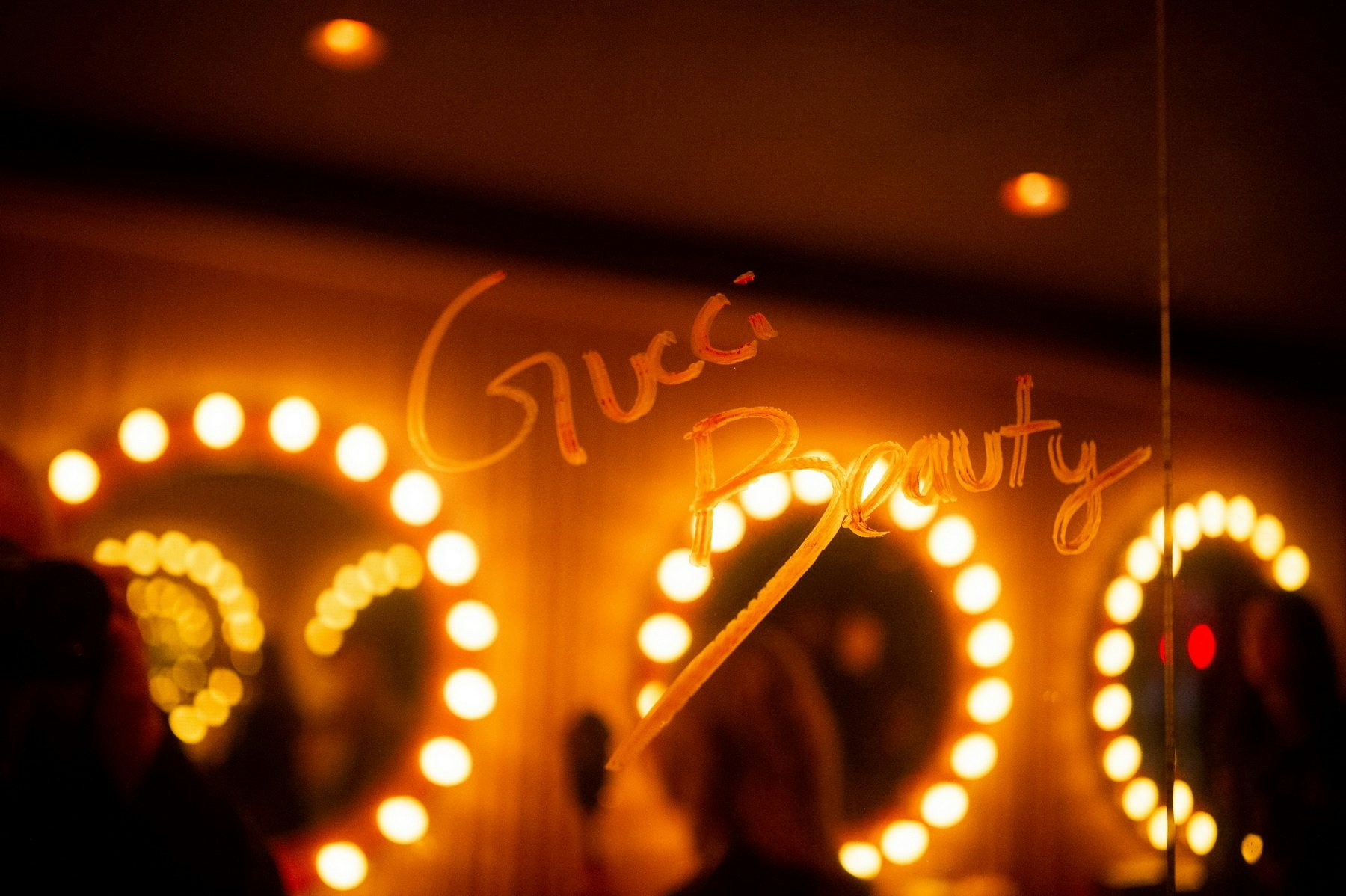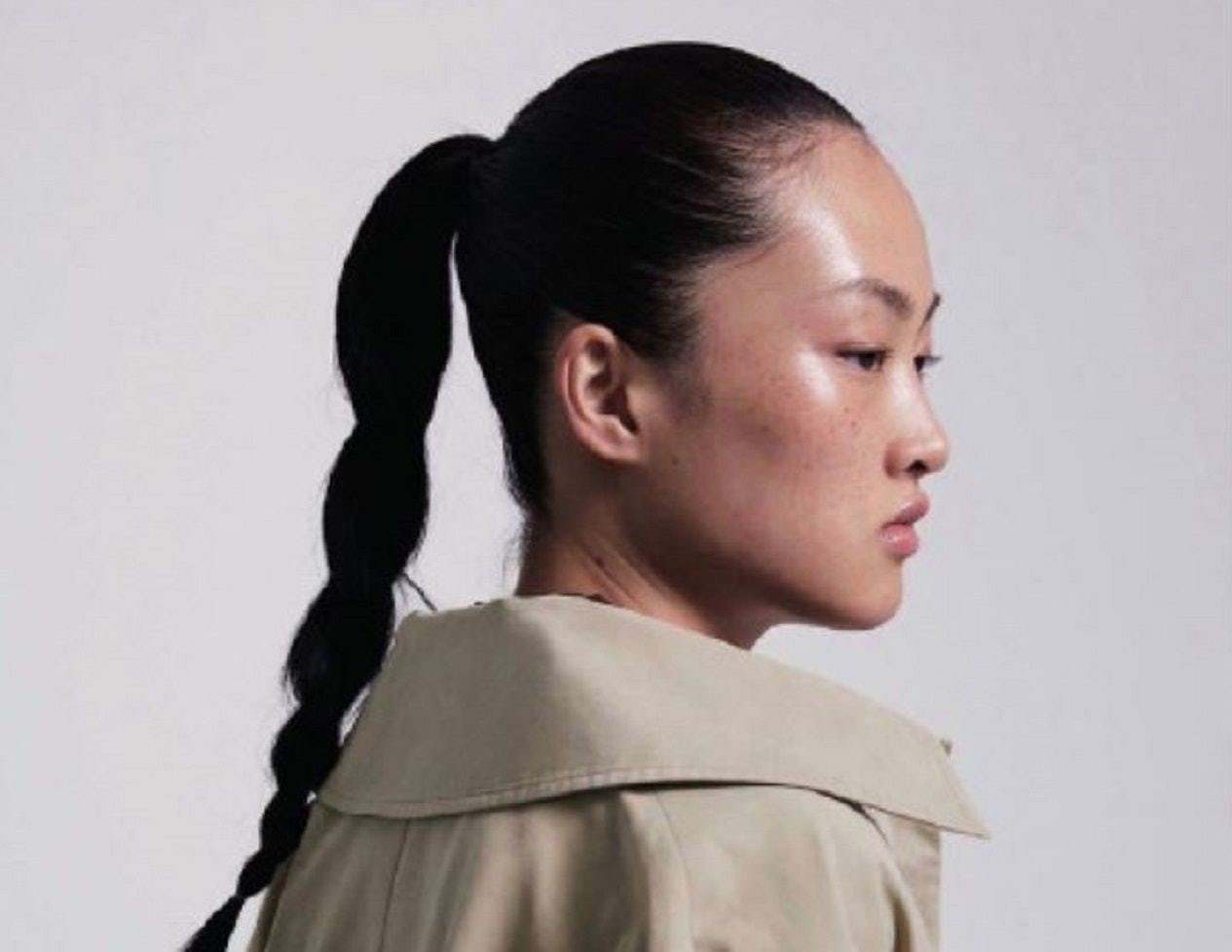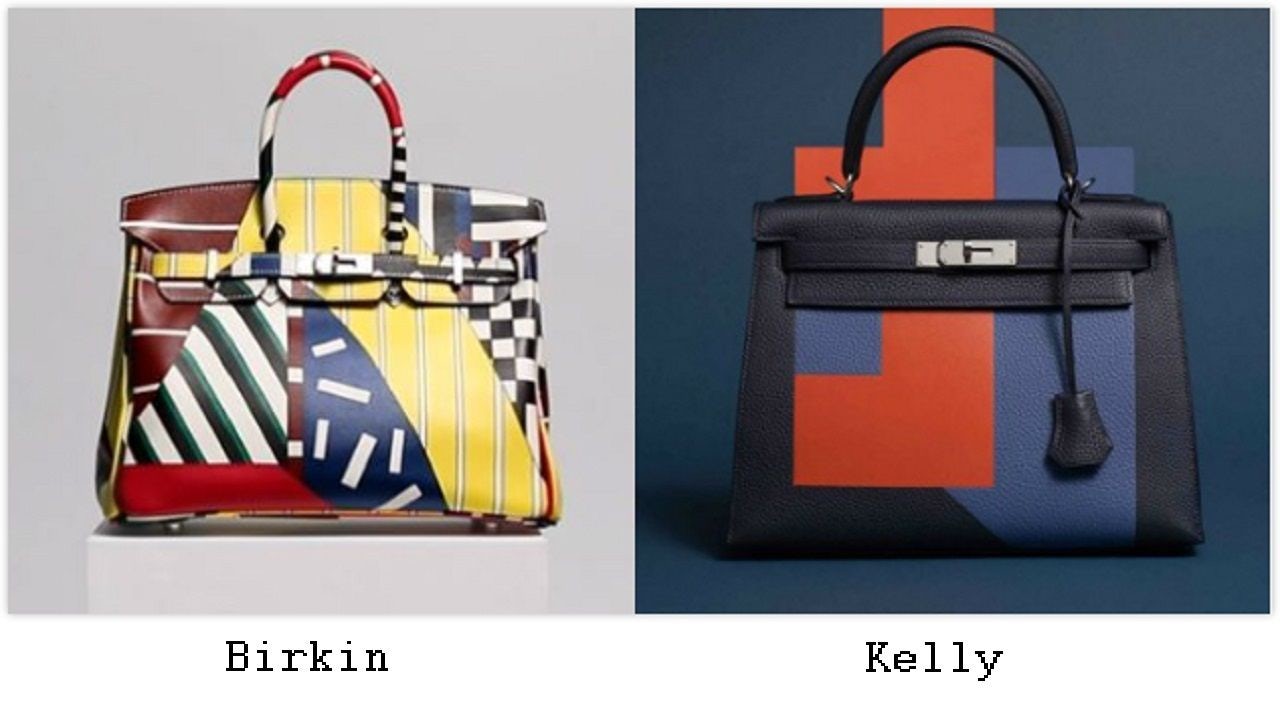"Nature gives you the face you have at twenty; it is up to you to merit the face you have at fifty," Coco Chanel once famously remarked, and today, French Maisons like Chanel and Dior are leaders in the luxury beauty segment. They present an image that’s glossy and polished. Their promise is to turn their customers (both wealthy luxury consumers and those striving to one day be those consumers) into the epitome of high-end glamor, which is why they’re represented by the world’s most beautiful stars, from Bella Hadid and Jennifer Lawrence to Fei Fei Sun.
While specialized groups like L’Oreal have massively developed the beauty business over the past twenty years, there are also successful examples of high-end focused brands that are attracting Chinese customers in the luxury segment, such as Estée Lauder. The Estée Lauder Companies grew by double digits over the last quarter in China, while L'Oreàl brands, including Lancôme, Yves Saint Laurent, and Giorgio Armani, all rose by double digits at around +40 percent over the last quarter because of younger Chinese consumers who are eager to accumulate luxury beauty brands and products.
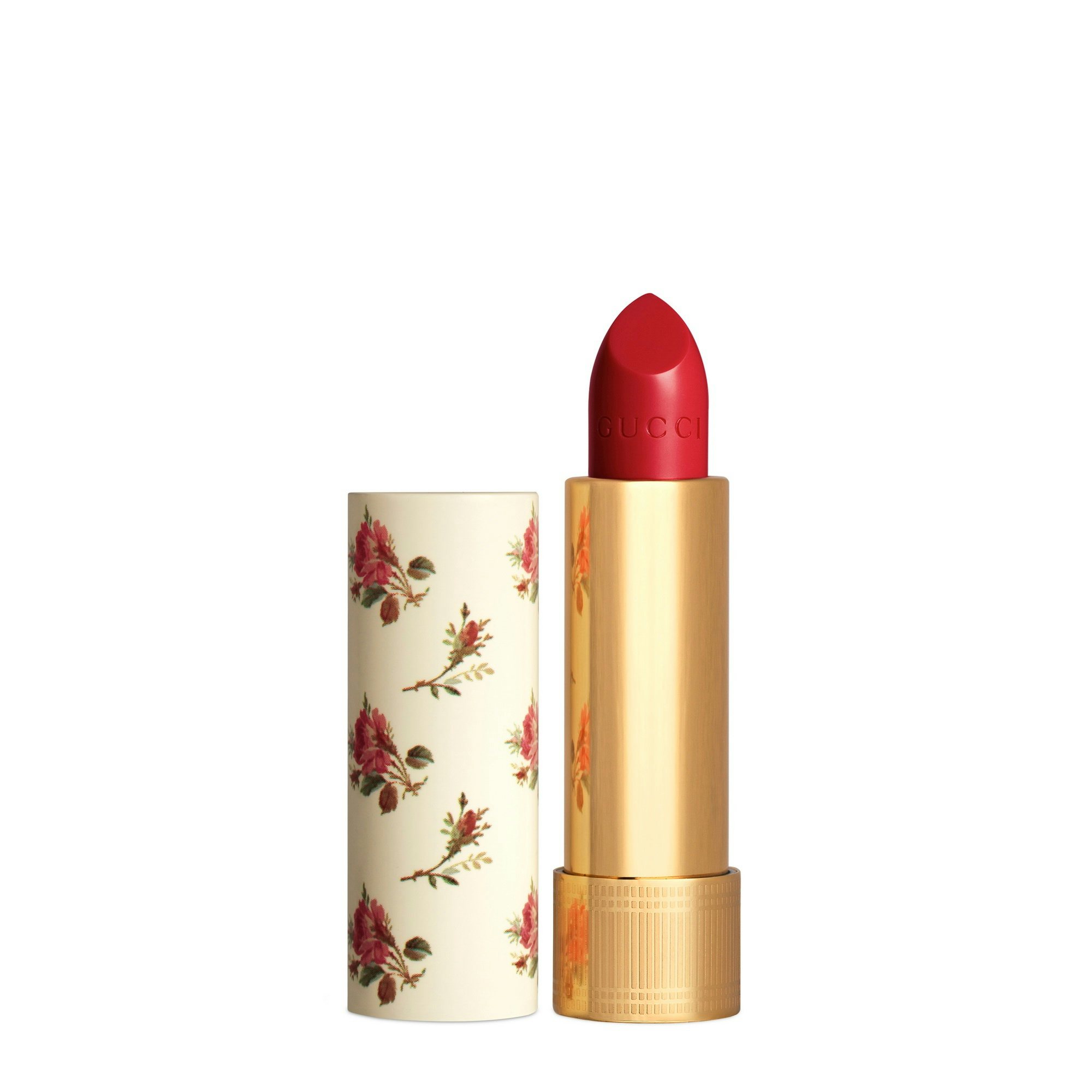
The secret is out, and other established luxury brands are now paying attention. What they see is that makeup, which is a relatively affordable “entry” product (unlike a luxury bag, for example), has become the hot new luxury accessory thanks to a large number of aspirational purchases makeup has found beneath the typical luxury consumer.
Enter Gucci, who on May 4th, under the auspices of creative director Alessandro Michele, relaunched its first beauty project since 2014 at an event in New York: a new lipstick collection. Michele tapped Thomas de Kluyver, who shot his way up from a MAC counter to working all the top runway shows, as his new Global Makeup Artist for this and future projects. For this release, Michele was inspired by the vintage glamour of Fifties Hollywood divas, which is reflected in the names of lipstick shades like “Jean Harlow” and “Bette Davis,” but he’s combined that vision with a very daring campaign that was shot by fine artist Martin Parr and features the punk singer Dani Miller of the band Surfbort, along with her highly unconventional — some might even say “edgy” — look.
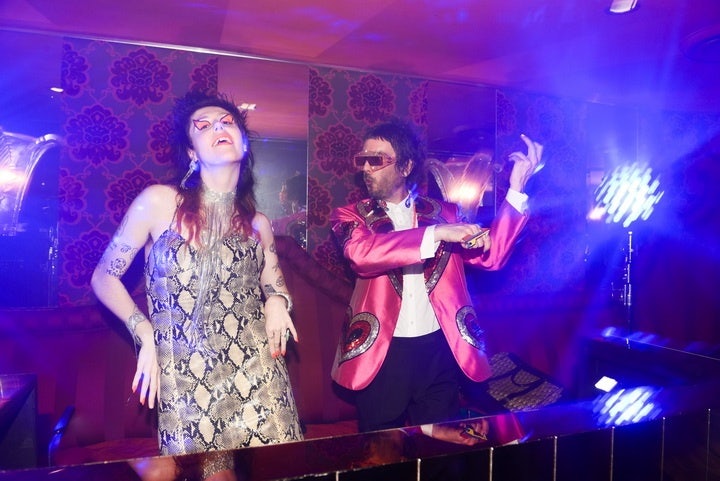
"Everybody should be able to wear makeup how they want to, whether to reveal your true self, allowing you to be yourself, or as a means to transform, allowing you to be who you want to be," said Michele about his new makeup brand.
From Charlotte Casiraghi, who was the face of Gucci Beauty five years ago, to Ms. Miller, the brand has certainly made bold choices for the faces of their style of beauty. Is this provocative campaign solely an attempt at media buzz or is it something more? While it’s likely that Gucci’s Hollywood-cum-Punk aesthetic will be attractive to a lot of the general public, will it really help the brand develop a strategic global luxury beauty business? Many are interested in seeing if Gucci will succeed considering how long it took them to jump into the beauty business in the first place.
Meanwhile, at the top of the luxury beauty market, Chanel and Christian Dior (which has developed Dior Beauty as one of the most refined women's beauty brands on the market) are globally appreciated by Chinese customers and can already rely on healthy beauty sales to help them in an unpredictable leather luxury goods and apparel market.
Much of that business is a result of China’s massive younger generations. Though the country’s Gen-Z customers aren’t able to purchase luxury accessories and apparel yet, they can afford to buy Dior's Addict lipstick or Chanel’s Le Blush Crème De Chanel. That’s why it’s essential for today’s luxury brands to have affordable accessories — because this part of the market in China can drive future growth. After all, the girl who buys lipstick today is the one that could afford to purchase luxury bags, shoes, and apparel tomorrow, and she will prioritize familiar luxury brands that have already made her feel beautiful.
Because of this, other established brands like Hermès and Gucci have decided to enter this important market, despite some strong competition (Yves Saint Laurent’s beauty business by L’Oréal, for example, makes revenues of over €one billion annually.)
While Hermès is taking a second step after enormous success with their early brand fragrances, Gucci’s gains have been more uneven. In 2014 under the Di Marco-Giannini tenure, Gucci launched their eagerly anticipated makeup line with the Monaco royal and journalist Charlotte Casiraghi as its face and makeup artist Pat McGrath as its head of creative — that is until a change in management temporarily sidelined the project. Now, under Michele, Gucci’s taking the next step in the brand’s remake of their entire beauty segment, a move Gucci hopes will help the brand to reach its 10 billion euro revenue target by 2020 as stated by Marco Bizzarri, Gucci CEO, in June and October 2018.
Hermès, on the other hand, which is renown for its fragrances (which represented 5 percent of the company’s overall sales in 2018, or €315 million), has yet to enter the beauty market. But the luxury brand announced this March that it has plans to launch a cosmetics line in 2020 which will be entirely managed, developed, and formulated in-house and manufactured by third-party suppliers in France and Italy.
This new range should help to position Hermès closer to the market’s full-service luxury leaders like Dior and Chanel, so hopefully, the brand will take all the time they need to develop products that can live up to the brand’s already sterling reputation.
Beauty really is in the eye of the beholder, so it can be a tricky thing for luxury brands that aren’t used to entry-priced products with different distribution channels and dynamics. But in the end, successful beauty products are much more linked to in-depth research and high-quality products for today’s very demanding customers. As for Gucci, we’ll just have to wait and see whether their unconventional style will strike a chord in a world that’s traditionally been dominated by flawless glamour.
